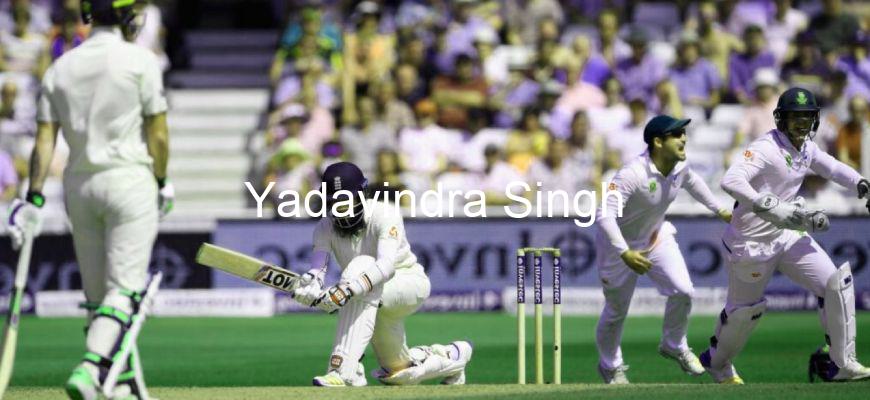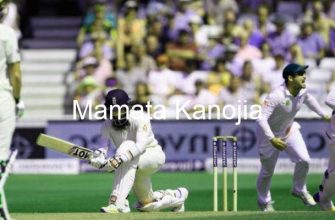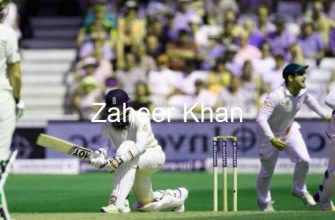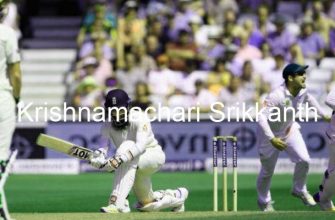Name Hindi: यादवेन्द्र सिंह / Gender Man“`
Yadavindra Singh: A cricket legend and prince
Strong, agile, and with a passion for the sport that ran deep, Yadavindra Singh was not only an exemplary cricketer but also his royal stature gives him a unique place in the history of Indian sports. He is fondly remembered both as an accomplished athlete who brought flair to the cricket pitch and a principled maharaja who dedicated himself to public service.
Early Life and Education

Born on 7th January 1914 as the son of Maharaja Bhupinder Singh of Patiala, Yadavindra Singh’s upbringing went beyond ordinary schooling. Apart from being trained to shoulder princely responsibilities, he was educated at Aitchison College in Lahore. This background paved way for both his sovereign reign and athletic prowess on the cricket field; meshing leadership skills with physical agility.
Career in Cricket

Although popular for his aristocratic lineage, Yadavindra Singh is perhaps equally renowned for his contributions to the game of cricket. Through the late 1930s to early ’40s, Yadavindra represented India in various international tournaments including Test matches conducted by Marylebone Cricket Club (MCC) during their tour to India.
- In December 1934, Yadavindra played his maiden first-class match representing Southern Punjab against Northern India.
- He made two appearances in Test Matches; his debut coming against England at Madras (now Chennai), in February 1934.
- The highlight of Singh’s career came when captaining a team selected under “The Maharajah of Patiala, 1934-35”, where he made his highest first-class score of 218.
His involvement in cricket went beyond the pitch as well; he served as a selector for the Indian team that toured England in 1946. After hanging up his gloves, Yadavindra continued contributing to the sport by holding administrative posts in Indian cricket’s governing body.
Life as a Maharaja and Public Servant

Following his father’s death in 1938, Yadavindra Singh ascended to the throne becoming the maharaja of Patiala. His reign spanned over three decades during which time he undertook numerous efforts to uplift society.
He was an active participant in politics and diplomatic matters within India and on international platforms. To list a few,
- Singh played a decisive role in ensuring that Patiala joins independent India at the time of partition (1947).
- As India’s delegate to UNESCO General Conference (1951-56), Singh proposed vital amendments including recognition of all cultures.
- Served as chairman on fact-finding UN missions during Hungarian refugee crisis (1956) and Algeria’s struggle for independence (1962)
This makes Yadavindra Singh one of few individuals who tasted success both amidst political corridors and sporting avenues.
“`









